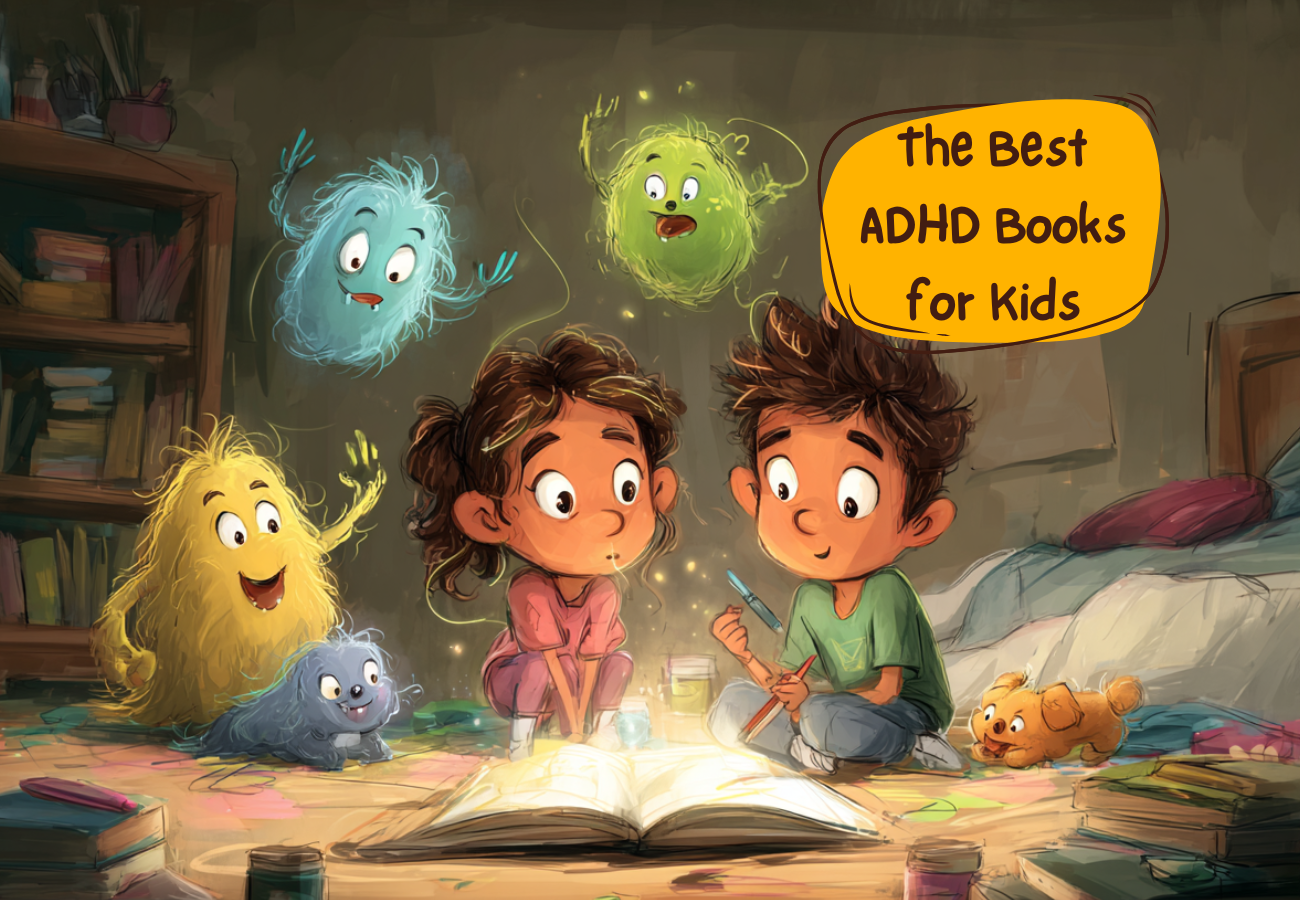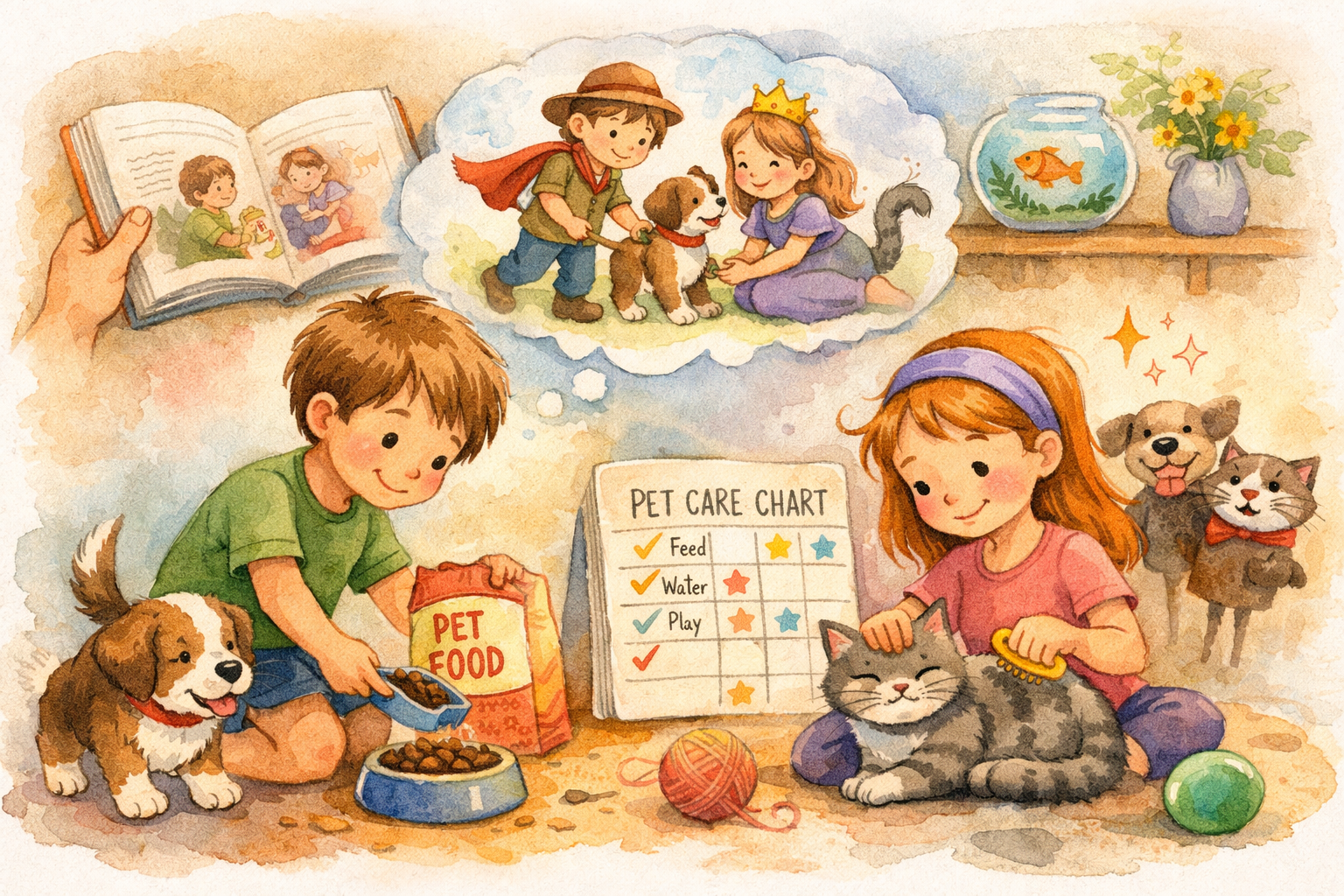How to Help Your Kindergartener Fall in Love with Numbers

Many parents worry about helping their child get ahead in areas like math, but the truth is that early math success isn’t about being the quickest one to memorize the most.
What really matters is helping your kindergartner feel confident and comfortable to just explore numbers. At this age, math should feel more like a discovery rather than a test.
When children enjoy working with numbers and exploring numbers by using counting toys, comparing sizes, and spotting any fun patterns, they start to build a strong foundation that helps them in the future.
Let’s look at how you can nurture that love of numbers in simple but everyday ways.
Why Early Math Confidence Matters More Than Memorization
It is very easy to focus on getting your child to memorize facts, such as getting them to count to a hundred or adding up small numbers, but real understanding is when they start to feel confident with their maths, rather than just memorizing things.
When kids feel like there is a little bit of pressure that they need to get it right, they will start to believe that maths is something that is hard, and they’re either going to be good at it or not good at it. But that type of mindset can stick with them, and if it sticks with them from an early age, it can make them find maths difficult.
Confidence starts with having a few successes right from the beginning. When your child is able to count their snacks or their toys or even sort their blocks by colour and tell you which toy pile has more in it, then they are doing maths without even thinking about it.
They’re learning that numbers have a little bit of meaning rather than having answers. So rather than drilling them with things like flashcards, just nudge them towards having a little bit more curiosity.
Ask them some open questions, like how they figure that out, or ask them whether they can find a different way to count things. This helps them to figure out problem-solving skills rather than dealing with speed or memorizing.
Making Number Play Part of Everyday Life
Math does not have to be something that happens at a desk; in fact, it is something that is much easier and better to learn through having clay time and having conversations. Every day routines are full of perfect opportunities to explore numbers in a natural way. You could go to the grocery store and ask your child to count some apples as you’re putting them into the cart.
When setting the table, make sure that they have a chance to ensure that everybody’s got the same number of forks or that there are the same number of cups for everybody. Cooking together is another great moment for you to start talking about numbers. You can do things like cutting strawberries into quarters or measuring out ingredients to make a cake.
This is your best opportunity to show your children that there are numbers everywhere. Sorting, counting, and noticing patterns start to become something they include in their real life, and they are no longer scared of it.
Having short bursts of play, such as just five minutes of counting toys or choosing some colors out of a pile of blocks, can teach them just as much as sitting down and doing a worksheet, if not even more.
Comparing Numbers Through Games and Real-World Examples
Understanding how numbers relate to each other is another really important early math skill for your kids to pick up. Kids who learn how to compare qualities such as bigger and smaller or more and less start to be able to do things like addition and subtraction, and even fractions, later on.
You can start to include this sort of concept through really easy, simple, playful activities such as sorting two piles and asking which one is the bigger pile or which one has the bigger block. When you’re outside, you can look for loads of different opportunities to do such things, such as comparing the birds sitting on two different trees or how many red cars are in the traffic jam compared to blue ones.
Really, kids will find that online resources can also be a great help. Interactive activities, such as those that involve comparing numbers for kindergarten, help you teach your children how they can visualize numbers relating to each other. These types of tools can be used with comparison games, and they can help your kids to practice key concepts and build up the math skills that they need.
Building Patience and Curiosity in Young Learners
Kindergarteners naturally want to explore. They can get very frustrated, really easily, if something feels like it is really hard or they feel like they’re getting confused, which is understandable. The best way to help this is by helping them build up a bit of patience, as well as still being curious about math.
When your child is a bit hesitant or gives you the wrong answer, don’t try to correct them too quickly. Instead, try using a few gentle prompts such as, “Let’s try doing this another way,” or “What do you know about that?” When you do this, it’s not putting them down in their confidence, but it’s letting them explore different ways to get the right answer.
Curiosity is something that grows; learning feels more likely to happen during playtime, rather than when it feels really pressured. Especially at this age, you might want to ask things like, “Can you find something that’s smaller than this block?” or “Can you find something that’s taller than this tower?” or “What happens if we add one more?” This turns every single question into a little adventure and makes it a little bit more exciting.
Turning Math Moments Into Family Bonding
One of the best parts about early math is that it gives you a huge reason to slow down together as a family. Counting, sorting, guessing, and measuring can all be really fun family activities.
When your kids feel supported and included throughout the whole family, they see learning as something that’s really joyful and fun rather than stressful. The goal isn’t to raise math geniuses; it’s about raising a child who feels confident in figuring things out.
It’s about nurturing someone who enjoys patterns and puzzles and sees math as an important part of the world around them.
Have you done anything authentic to get your kids into math early on? What have you tried? It would be great to hear some ideas in the comments below.
More articles

The Best ADHD Books for Kids: Supportive Reads for Children and Parents
Supporting a child with Attention-Deficit/Hyperactivity Disorder (ADHD) starts with understanding their world—how they think, feel, and navigate daily challenges. One of the most effective tools for building empathy, resilience, and confidence is reading. The right ADHD books for kids help children feel seen, understood, and empowered. At the same time, high-quality books for parents of […]

Kid-Friendly Ways to Learn Responsibility Through Storytelling and Pets
Teaching responsibility to children can sometimes feel like herding cats – adorable, unpredictable, and a little exhausting. One day they’re eager to help, the next they’ve completely forgotten what they promised to do. The good news? Responsibility doesn’t have to be forced or boring. When you mix the power of storytelling with the real-life experience […]

The Best Spanish Books for Kids: Fun and Engaging Books
Introducing children to a second language early opens the door to stronger communication skills, cultural understanding, and long-term academic benefits. Whether you’re a teacher, parent, or bilingual family, choosing the right Spanish books for kids is one of the most effective and enjoyable ways to support language learning. High-quality books in Spanish for kids build […]



